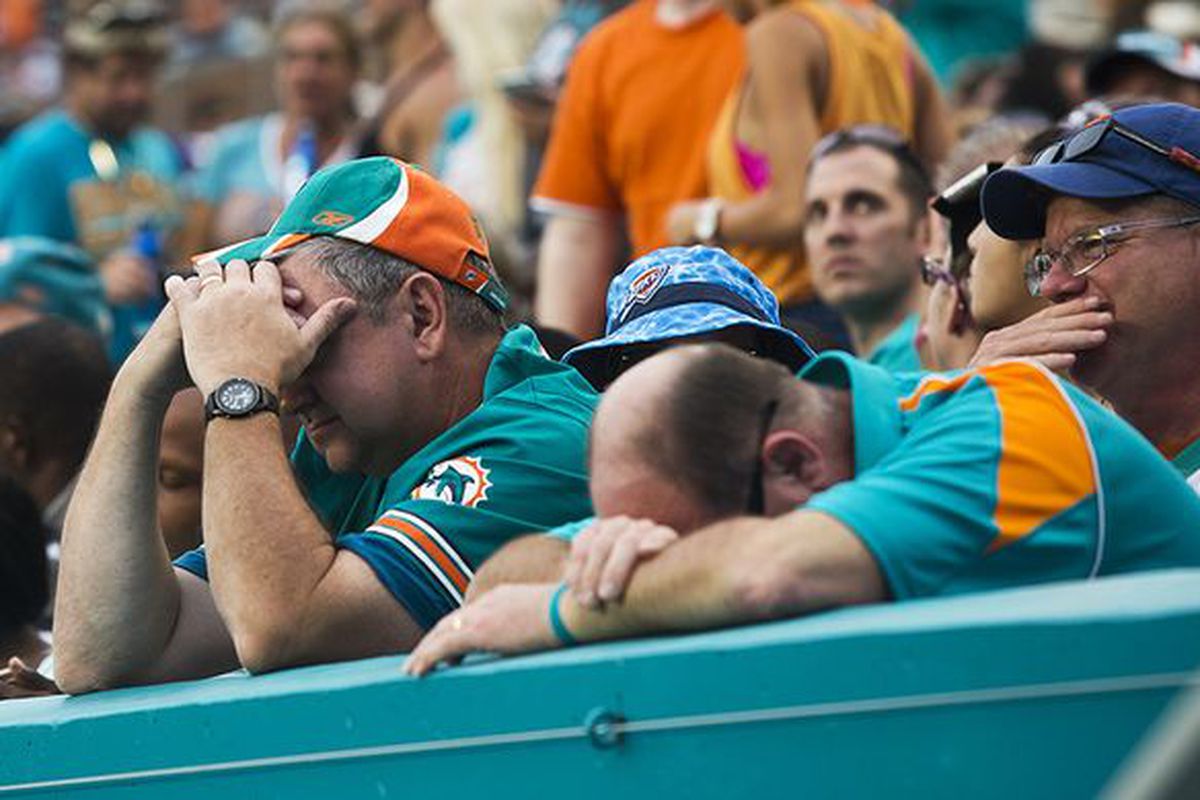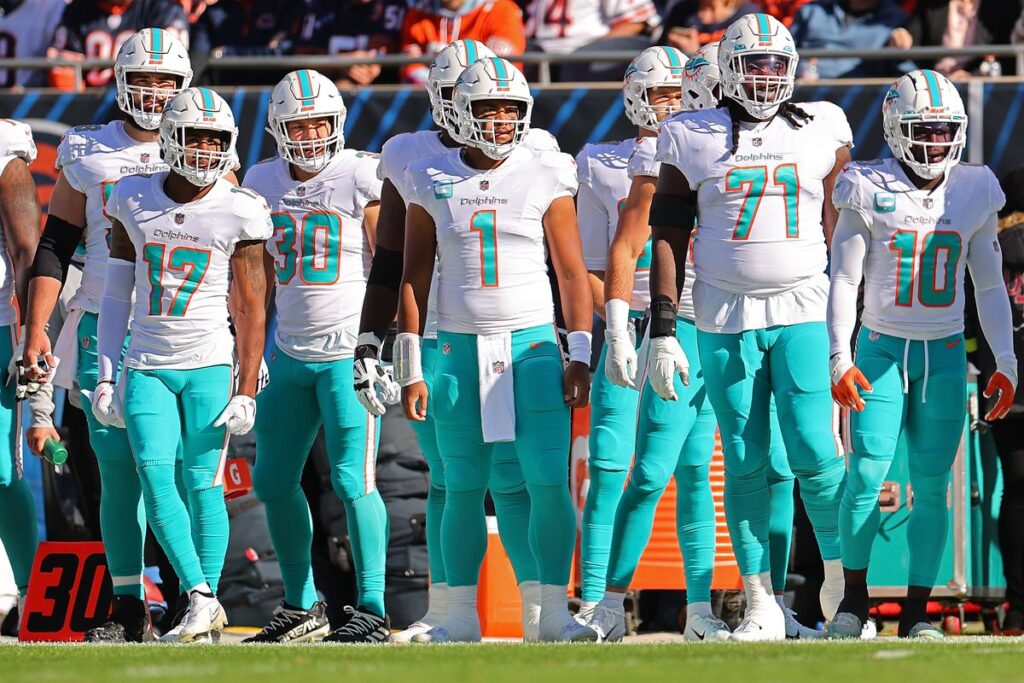The Miami Dolphins football team, a cornerstone of the National Football League (NFL) and a symbol of pride for the city of Miami, holds a storied history filled with triumphs, challenges, and moments that have galvanized fans for generations.
However, the notion of the Dolphins being gone evokes a sense of disbelief and sadness among supporters, signaling the end of an era and leaving a void in the hearts of football enthusiasts everywhere.
For decades, the Miami Dolphins have been synonymous with the vibrant culture and spirit of South Florida. From the team’s inception in 1966 to the present day, the Dolphins have captured the imagination of fans with their iconic teal and orange uniforms, passionate fanbase, and memorable on-field performances. Legends like Dan Marino, Larry Csonka, and Don Shula have left an indelible mark on the franchise, cementing its place in NFL lore.
However, the landscape of professional sports is constantly evolving, and teams must adapt to changing circumstances to remain competitive and relevant. In recent years, the Dolphins have faced challenges both on and off the field, including fluctuating performance, organizational changes, and shifting fan demographics. These factors have contributed to a decline in attendance and waning enthusiasm among supporters, raising questions about the team’s long-term viability.
The departure of the Miami Dolphins football team would have far-reaching consequences for the city of Miami and the broader NFL community. Beyond the loss of entertainment and camaraderie on game days, the absence of the Dolphins would represent a significant blow to the local economy, with businesses ranging from restaurants and bars to hotels and retailers feeling the impact of reduced foot traffic and tourism.
Moreover, the Dolphins’ departure would leave a void in the hearts of fans who have invested their time, money, and emotions in supporting the team through thick and thin. For many, football is more than just a game—it’s a shared experience that brings people together, fosters a sense of belonging, and creates lasting memories that transcend generations. The loss of the Dolphins would sever these bonds, leaving fans adrift and searching for new sources of community and connection.
However, amidst the sadness and uncertainty, there is also an opportunity for reflection and renewal. The end of one chapter often signals the beginning of another, and the Dolphins’ departure could pave the way for new opportunities and possibilities in Miami’s sports landscape. Whether through the emergence of new teams, the revitalization of existing franchises, or the introduction of innovative fan experiences, the city has the potential to reimagine itself as a hub of athletic excellence and cultural diversity.
In the end, while the prospect of the Miami Dolphins football team being gone is undeniably heartbreaking, it also serves as a reminder of the enduring power of sports to unite, inspire, and uplift communities in times of triumph and adversity alike. As fans mourn the loss of their beloved team, they can take solace in the memories, traditions, and friendships forged along the way, knowing that the spirit of the Dolphins will live on in their hearts forever.




